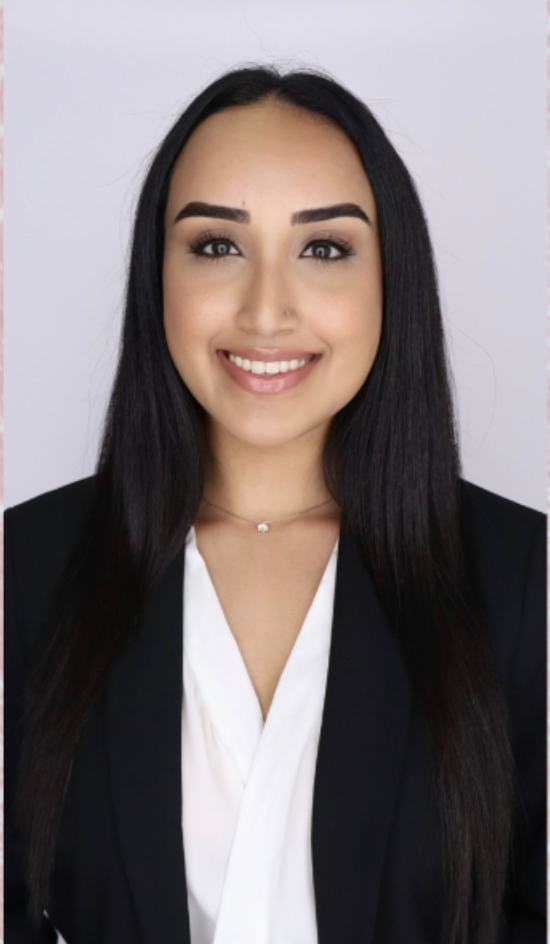When I applied to the Maternal and Child Health Leadership Training Program, I hoped to gain skills that would support my growth as a future physician committed to serving marginalized communities. With a strong foundation in both clinical and community-based care, and a deep commitment to maternal and child health, I understood the importance of expanding my leadership capacity, particularly in the areas of policy, advocacy, and collaboration. What I did not anticipate was how impactful this program would be in helping me recognize the kind of leader I already am, and the kind of leader I hope to continue becoming.
Throughout the sessions, I had the opportunity to reflect on the intersections between leadership, equity, and sustainability in our work. Our discussions on self-care and burnout were especially meaningful to me. Having spent years working directly with patients in medical settings, I have seen the emotional and structural toll that burnout can take on both health care professionals and the communities we serve. Learning to approach leadership through the lens of self-awareness and endurance, rather than constant output, was a powerful reminder that sustainable leadership begins with self-care.
More than anything, what I valued most about the LTP was being in cohort with others who are equally committed to improving the future of maternal and child health. The diversity of lived experiences and professional goals in our cohort reminded me that there is no single model for public health leadership. There is only the shared responsibility to keep learning, growing, and showing up for the communities we care about.
As I prepare to graduate and continue on the path towards becoming a physician, I am carrying forward the lessons and leadership skills I developed through this program. I know that leadership is not confined to clinical spaces; it also includes raising my voice in policy conversations, contributing to institutional decisions, and shaping models of care that center the voices and needs of women and children. I am deeply grateful to the faculty, guest speakers, and peers who made this experience so meaningful, and I look forward to applying what I have learned in both clinical and advocacy spaces throughout my career.


